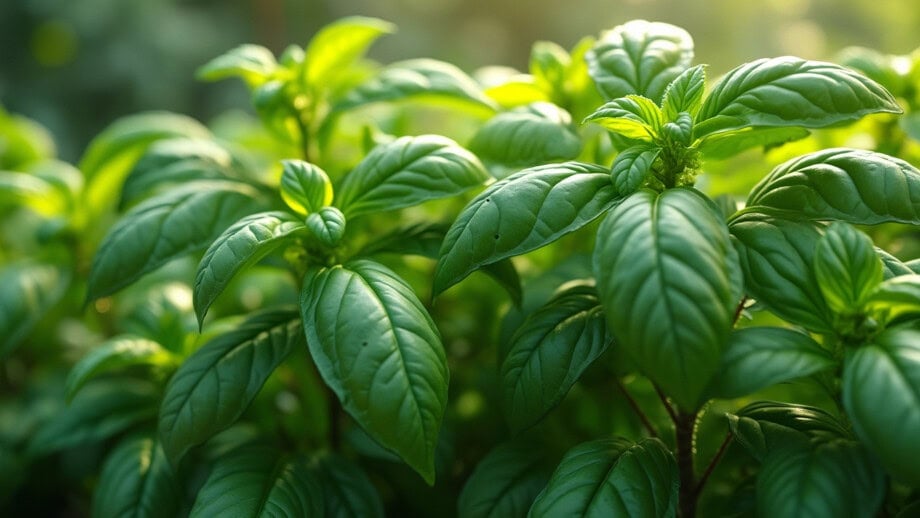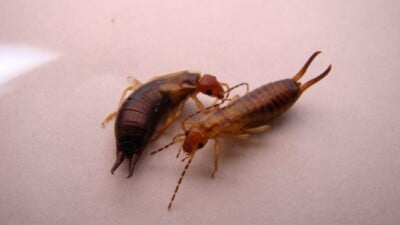Terminology
Here’s our quick-glance garden glossary containing all the words — and terms — you need to know when growing herbs.


#1 Cloning Gel
Available Here
Clonex Gel
Seals the cut tissue fast and supplies the hormones needed to promote fast growth.
Learn moreAcidic: A soil pH less than 7 is considered acidic.
Alkaline: A soil pH greater than 7 is considered alkaline.
Annual: A plant whose life cycle lasts only one growing season from seed to blooms to seed.
Aromatic Herbs: Produce pleasant smelling flowers or foliage. Essential oils from these herbs are often used in perfumes and other scents.
Beneficial Insect: Predatory or parasitic insects that eat or lay their eggs in garden pests thereby controlling them. Learn more about beneficial insects here.
Biennial: A plant whose full life cycle lasts two growing seasons.
Cloning Gel: Commercial products used to seal, protect and initiate root cell formation in cuttings.
Companion Planting: Planting two or more plants in close proximity for their individual or mutual benefit. University studies, along with generations, even centuries, of observation and experience, suggest that companion planting can indeed boost yield and help control pests in gardens.
Compost: A decomposed mixture of organic substances, such as dead leaves or manure, used for fertilizing and building soil.
Culinary Herbs: A plant grown for its strong flavor that is used to cook with or flavor foods and drinks.
Cuttings: A technique for propagating plants in which a piece of the source plant is cut away and then placed in a growing medium. The cutting becomes independent of the source plant.
Cultivate: To promote, improve or begin growth by labor and attention.
Dead Heading: The act of removing spent flowers or flower heads to prolong bloom, to promote re-bloom or to prevent seeding.
Direct Seeding: To sow a seed (not a seedling) into the ground or container where it will spend its life cycle.
Frost Date: The average yearly date that the last or first frost of the year occurs. Visit the USDA Plant Hardiness Zone Map here. The map is based on the average annual minimum winter temperature, divided into 10-degree F zones.
Germinate: The process of a seedling sprouting from a seed.
Growing Medium: The material used to grow a plant or germinate seeds.
Hardening Off: To slowly acclimatize a plant to living outdoors, usually accomplished by leaving them outside for increasing amounts of time over a one to two week period.
Herb: A seed-producing annual, biennial or perennial that does not develop persistent woody tissue, but dies down at the end of a growing season.

Knot Garden: A formal garden using herbs that can grow in a low-lying hedge to form a complex, interwoven pattern.
Medicinal Herbs: A plant that is cultivated or gathered to make medicinal products.
Mulch: A protective cover placed over the soil primarily to modify the effects of the local climate. Mulches can be made from organic or inorganic substances (see Fall Mulching Tips).
Organic Gardening: A method and philosophy of gardening in which no chemical fertilizers, pesticides, herbicides or additives of any kind are used or applied to the soil or plants.
Ornamental Herbs: An herb that is planted primarily for its aesthetic, not practical value.
Perennial: A plant with a life cycle of more than two years.
Perlite: A volcanic glass that greatly expands under intense heat. Used in gardening for the loosening of compact soil while still having high water retention qualities.
pH: A measurement of the acidity or alkalinity of the soil. The scale ranges from 0 to 14, 0-7 being acidic and 7-14 being alkaline. A pH of 7 is generally considered neutral. Optimal pH levels are critical to healthy plants and high yields in both soil and hydroponics gardening. Read our article Tips for Accurate pH Testing here.
Primary Metabolites: Chemical compounds that are directly concerned with growth, development and reproduction.
Propagation: The process of naturally or artificially distributing or spreading plants.
Secondary Metabolites: Chemical compounds in organisms that are indirectly involved in the development, growth or reproduction of organisms.
Spice: A dried root, seed, fruit, bark or other vegetative substance applied in nutritionally insignificant quantities as food additives for the purpose of flavor.
Theme Garden: A garden that is designed around a theme. Some common theme gardens include rose gardens, kitchen gardens and night gardens.
Topdressing: To add a slow release fertilizer or compost after the plant has already been established by spreading it directly onto the soil and either leaving it as mulch or working it in to the top inch or so.
Transplanting: The technique of moving a plant from one place to another. If you start seedlings in flats, they must be transplanted to their final location.
Vermiculite: A natural mineral that expands with the application of heat. It is typically used in gardening as an additive to potting soil to increase its aeration.













